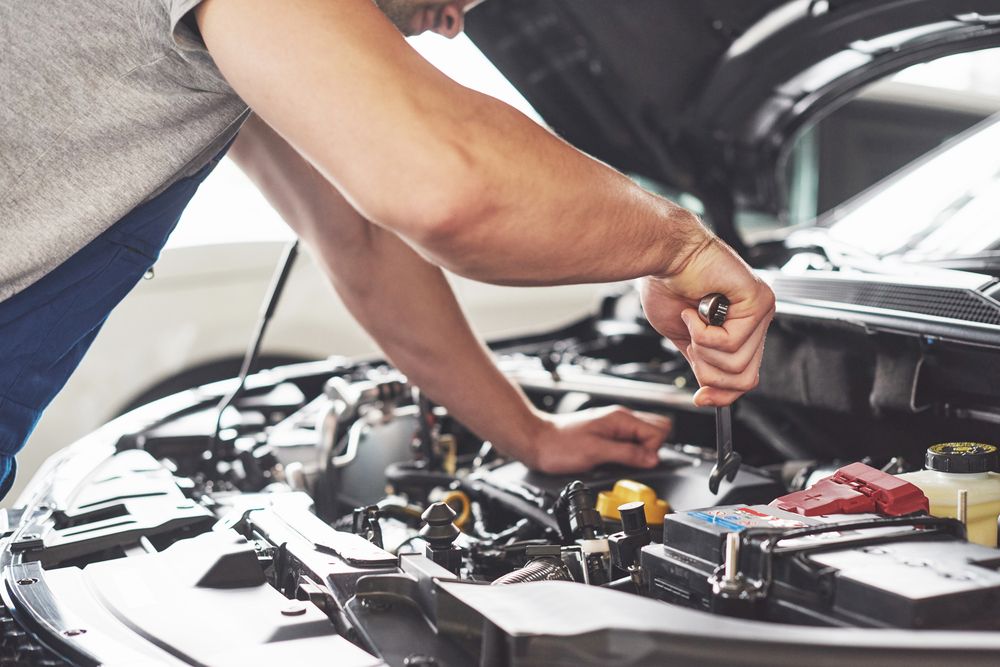Car ownership is synonymous with freedom and convenience but comes with its share of financial responsibilities, including maintenance and repair. Adhering to a regular maintenance schedule is pivotal in extending your vehicle's lifespan and ensuring its safety and efficiency. Neglecting these responsibilities can lead to more severe and costly repairs. This guide aims to shed light on the significance of regular vehicle upkeep and strategies to curb these expenses without compromising the quality of care your vehicle receives.

Understanding Repair Costs
Various factors influence the cost of car repairs, including the type of repair, the vehicle's make and model, and the choice of service provider. Common repairs such as brake replacements, oil changes, and battery swaps can range widely in price but are essential for the vehicle's longevity. For instance, brake pad replacements might cost between $150-$300, whereas oil changes could set you back $30-$80, depending on the specifics of your vehicle and the service provider.
Strategies to Cut Down on Car Repair Bills
Effective management of car repair expenses is crucial for ensuring your vehicle remains in top condition without draining your wallet. Here are several strategies to help you achieve this:
Adherence to Maintenance Schedule: Following the manufacturer's maintenance schedule can help identify and rectify issues before they escalate into costlier repairs.
Self-Service for Basic Maintenance: Acquiring basic car maintenance skills such as oil changes, air filter replacements, and simple diagnostics can save significant amounts of money.
Comparative Shopping for Service Providers: Don’t settle for the first quote. Comparing prices from various repair shops can help you find the best deal.
Proactive Vehicle Care: Regular checks and preventive measures can avert common issues, extending your vehicle's lifespan and functionality.
Utilizing Warranty and Insurance: For newer vehicles, warranty and insurance might cover some repairs, reducing out-of-pocket expenses.
Selecting the Ideal Service Provider
Choosing where to get your car serviced is a critical decision. While dealerships offer specialized services, especially for vehicles under warranty, their pricing can be on the higher end. Independent mechanics can provide quality services at more competitive rates. Specialty shops are excellent for specific repairs, offering expertise in areas like alignment or suspension. Always consider the service provider's reputation, experience, and customer feedback.
DIY Repairs and Cost-effective Practices
Taking on simple car maintenance tasks yourself can result in substantial savings. This includes tasks like air filter replacement and basic diagnostics. Additionally, buying supplies in bulk and taking advantage of specials and promotions for routine services can further reduce costs. Regular vehicle cleaning and using proper storage can prevent environmental damage and save on future repair costs.
Maintaining Vehicle Health
To ensure your vehicle remains in optimal condition, adhere to the owner's manual, maintain fluid levels, check tire pressure regularly, practice responsible driving, and be attentive to any unusual signs from your vehicle. These practices can help avoid significant repairs and ensure your vehicle's longevity.
Navigating DIY vs. Professional Repairs
While DIY repairs can save money, recognizing when to seek professional help is crucial. Complex repairs requiring specialized knowledge or equipment should be entrusted to professionals to avoid causing further damage.
In conclusion, while vehicle maintenance and repairs are inevitable aspects of car ownership, employing strategic approaches can significantly reduce these expenses. By understanding common repair costs, leveraging DIY skills for basic maintenance, judiciously selecting service providers, and adhering to preventive care practices, you can ensure your vehicle remains in excellent condition without overspending. Remember, the goal is to maintain your vehicle's health and safety while navigating the financial aspects of car ownership wisely.
Read More...